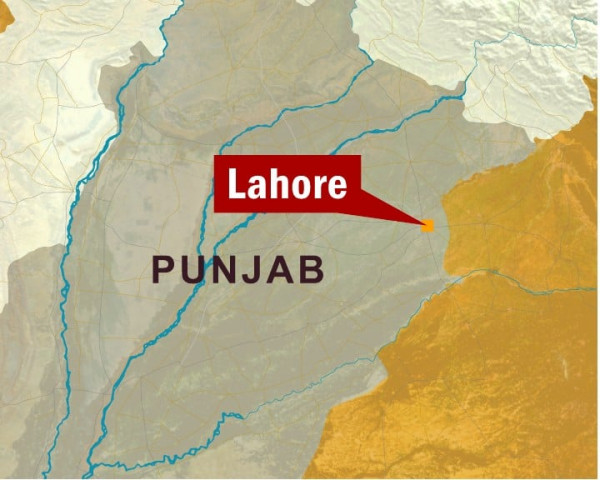Public health: City govt worried about medical waste disposal
Around 100 violations of waste disposal rules reported in 2010.

Environmental inspector Yasir Gul Khan said that the city government began cracking down on hospital waste in 2008. “In 2008, we visited various places and found that most major hospitals had failed to comply with the rules,” he said.
The likes of Jinnah Hospital, Children’s Hospital, General Hospital, Omar Hospital and Ganga Ram Hospital have been fined up to Rs500,000 under the Pakistan Environmental Protection Act (PEPA) for violating the Hospital Waste Management Rules of 2005.
The HWM rules specify procedures for the safe disposal of medical waste such as blood, syringes and plastic bags. Unsafe disposal can cause the spread of infectious diseases.
Thirteen hospitals were reported for violations in 2008 and then fined by the Punjab Environmental Protection Agency tribunal, but the cases are being appealed in the High Court, said Khan.
In 2009, 93 city hospitals and clinics were reported for improper waste disposal, he said, but only a third of these cases were sent to the EPA tribunal under the PEPA.
The rest of these cases were handled under the Punjab Local Government Ordinance of 2001, which allows inspectors to take stronger measures such as seal factories.
Khan said there were 84 cases in 2010, with 21 sent to the EPA tribunal. “There will probably be around a hundred for 2010 after we conduct raids this week,” he added.
He said that the improper disposal of hospital waste fuelled two dangerous “black market industries”; small local markets that sell used syringes and plastic bags, and bigger scale plants that recycle used medical plastic goods to make plastic granules for use in other manufacturing process.
“One plant was taking untreated hospital waste, salvaging the plastic and using it to make drinking straws,” said another official in the environment department.
He said the plant had been sealed and its owners were being prosecuted.
The official said that small private clinics and labs were a bigger concern than the major hospitals.
“We are seeing partial compliance in government hospitals but in the labs and collection centres we are seeing little-to-no compliance,” said the official.
Dr Mariam, who runs Viral medical labs, said that high cost was a deterrent for compliance in the private sector. She said there was only one incinerator in the city available for use by private hospitals, clinics and labs, and it was expensive.
That incinerator is at Shalimar Hospital, and each use costs between Rs4,000 and Rs5,000, said Junaid Habibullah, who runs the hospital’s waste management programme. He insisted that there was no corruption in the collection and burning process at the hospital.
Khan said that hospital waste could be disposed of safely in landfills, but Lahore did not have an appropriate landfill site, so incineration was the only option.
But Dr Mariam disagreed that smaller labs and clinics were the biggest violators. “The larger hospitals create tons of waste, but no one really questions or regulates them,” she said.
“The mindset has not really changed at hospitals,” said Akhtar Awan, chief executive director of Ecogreen, which arranges seminars where medical staff can learn about the HWM rules.
Awan said hospitals needed to appoint trained medical stewards to diligently monitor the process till the waste goes to the incinerator. “This rarely happens,” he said.
Published in The Express Tribune, December 20th, 2010.



















COMMENTS
Comments are moderated and generally will be posted if they are on-topic and not abusive.
For more information, please see our Comments FAQ